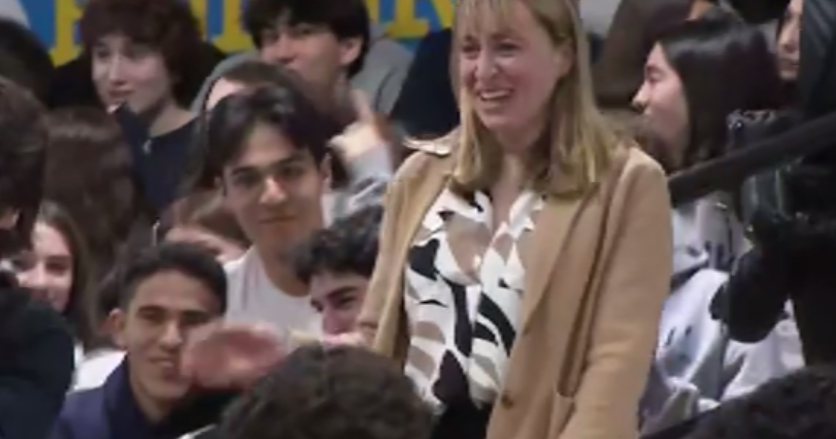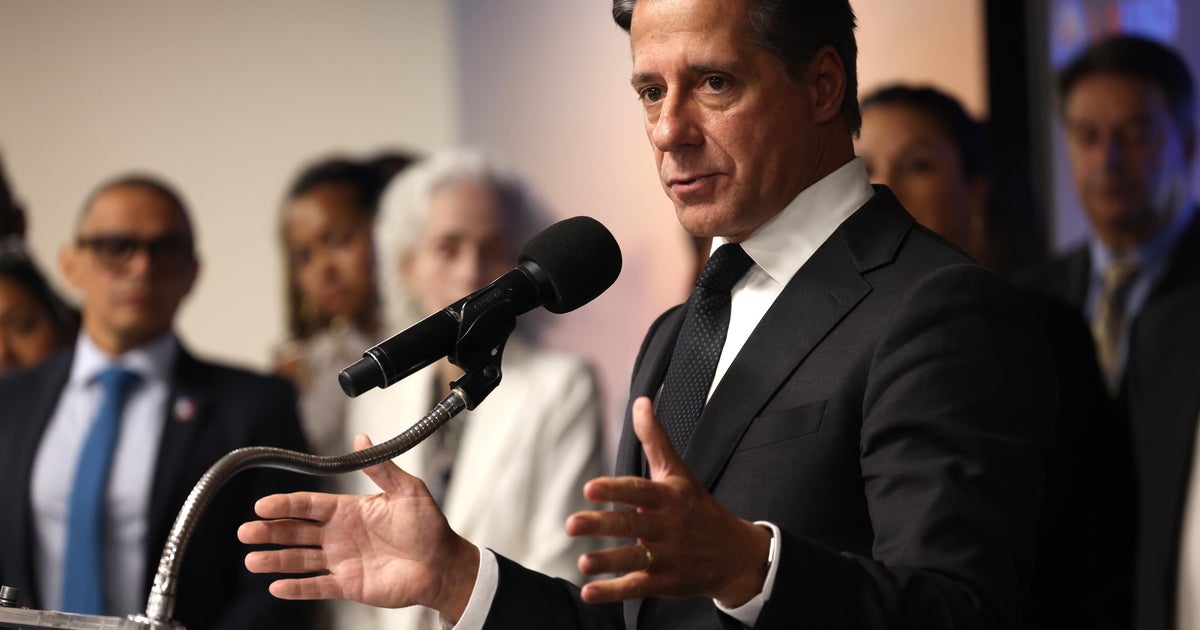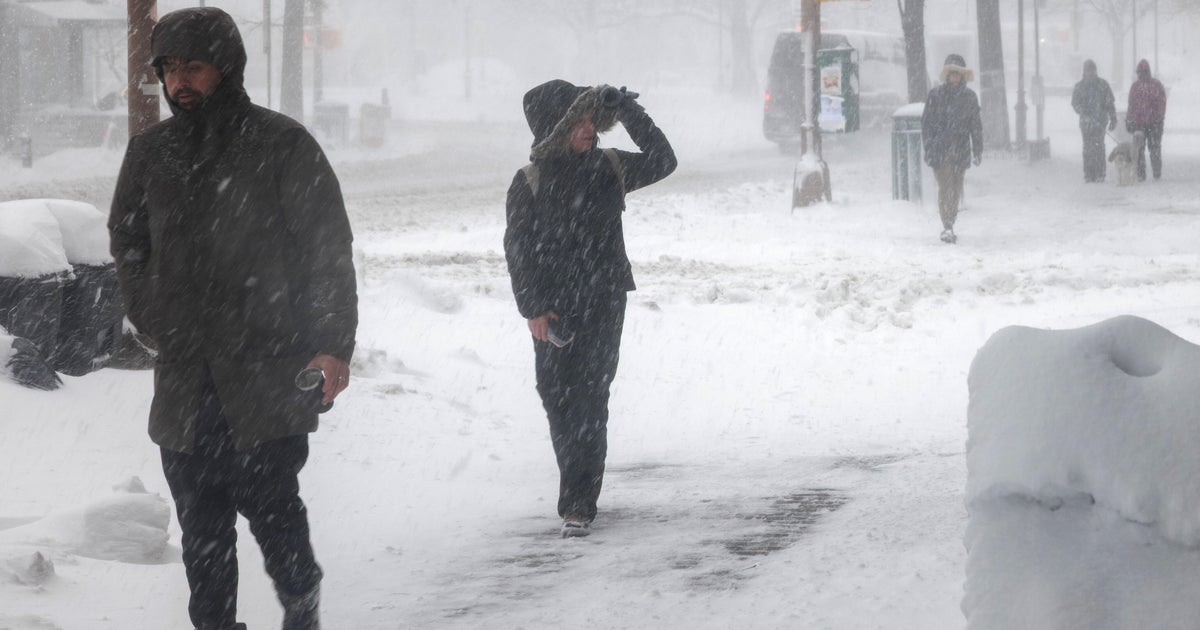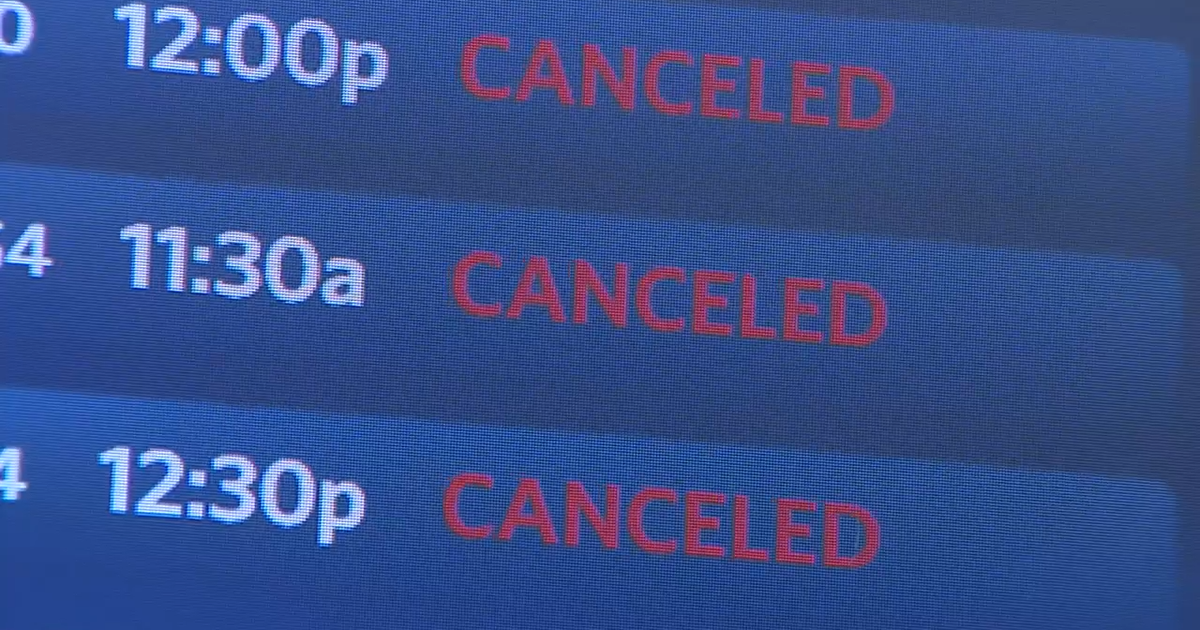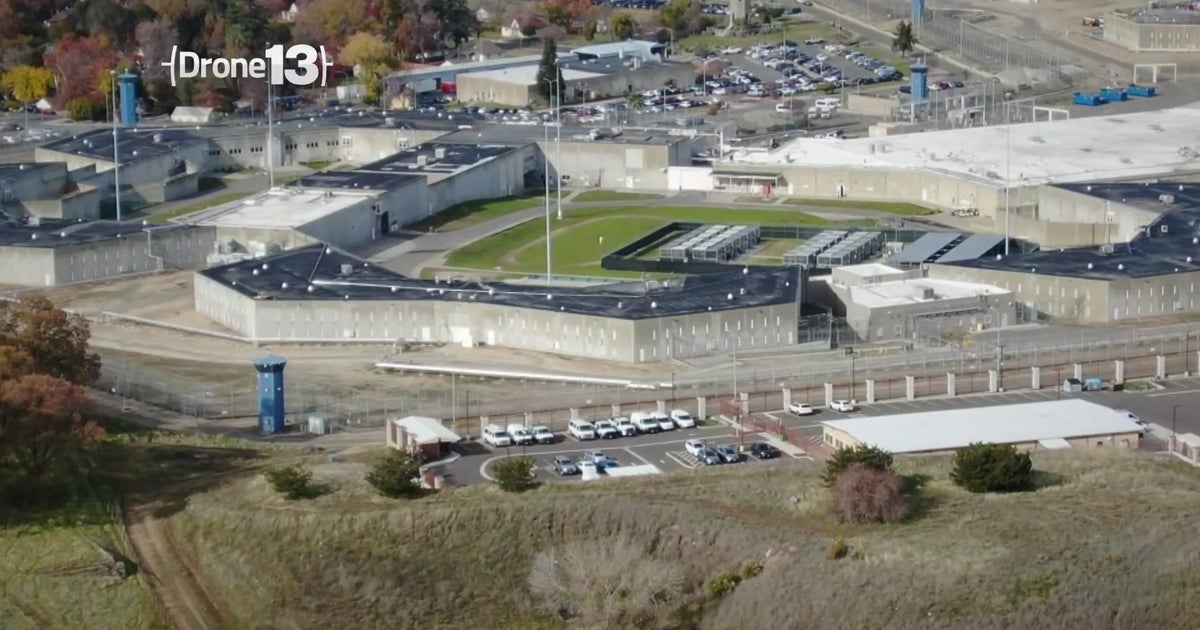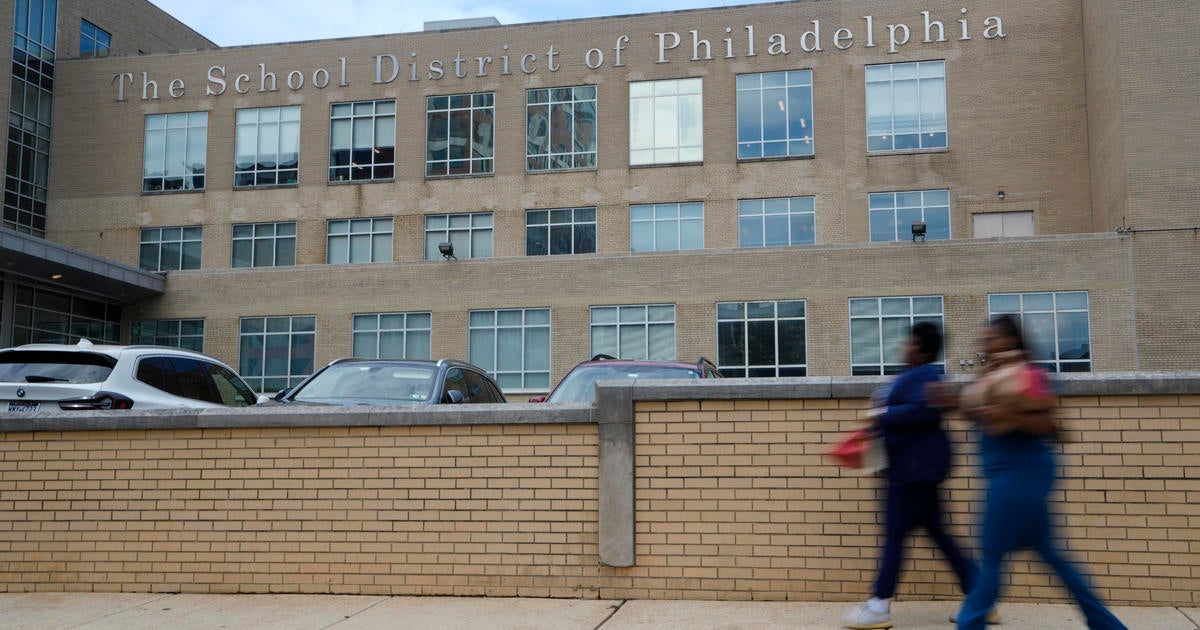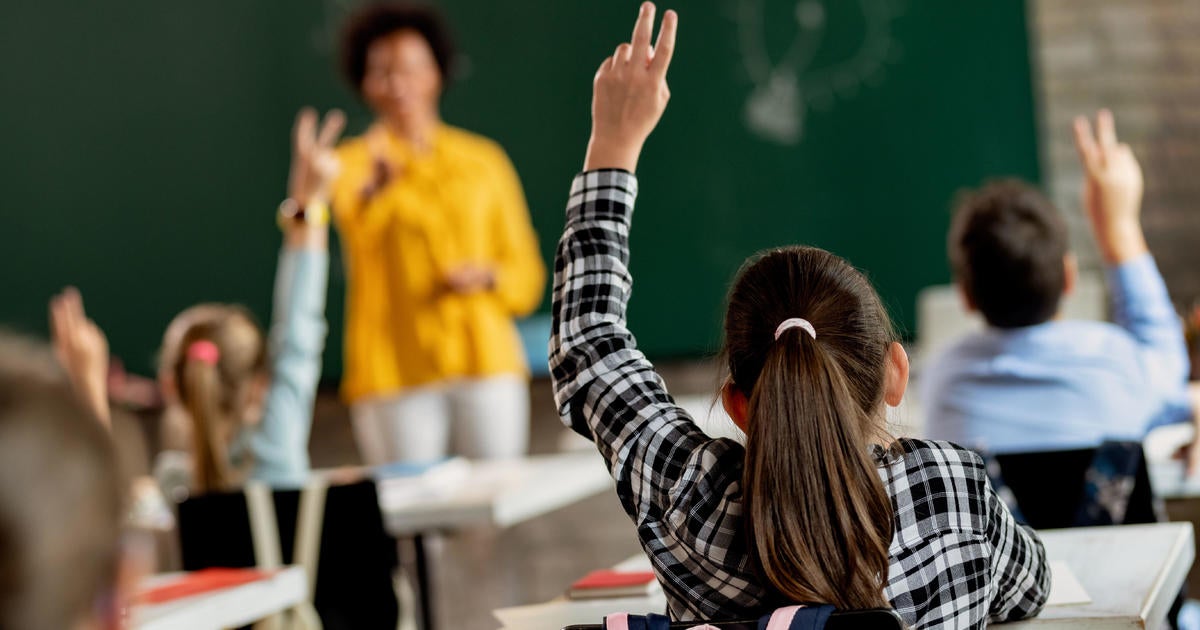LAUSD Teachers Open Up In Virtual Town Hall About Returning To In-Person Learning
LOS ANGELES (CBSLA) -- With Los Angeles Unified School District going back into full-day, in-person instruction for the first time since March 2020, teachers are expressing their thoughts about how the district is handling the coronavirus pandemic as the highly contagious Delta variant continues to spread.
Some LAUSD teachers -- Susan Ferguson, Nancy Rattner, Lisa Bennett, Sandra Ruiz-Chau, Nicolle Fefferman, Armin Dane Isip, and Mimi Guzman-Duncanson -- held a virtual town hall and several of them have reservations about going back into the classrooms.
"I don't feel ready due to the Delta variant. It's caused me wondering if my feelings I had in June were naive," Ferguson said.
Delta is currently the predominant strain of coronavirus in the country, according to the U.S. Centers for Disease Control and Prevention.
Even when social distancing is required in certain places across the state, some teachers say they're concerned about how to enforce it with a packed classroom.
"I don't think I can have 42 students at desks and socially distanced. It's not possible," Rattner said.
Others say while they want to get back to teaching in-person again, they're worried about the risk of bringing back home the virus to their loved ones, especially with elderly family members or kids too young to be vaccinated.
"I am really mixed, because I do miss the kids and I miss my coworkers but I also have a kid under 12 at home," Bennett, a special education teacher, said.
Despite their fears and reservations, every one of these teachers agreed that there is no substitute for in-person learning.
"…for my emerging language learners, they suffered over zoom. I need to be in the room with them. I need to be cheerleading them every day," Fefferman said. "I do feel like we are following the science as best we can."
When school resumes, all LAUSD students and staff will have to wear masks — indoors and outside — regardless of vaccine status, in addition to testing weekly.
For special education students, those rules could prove to be a challenge, one teacher explained.
"I feel like there's a lot of things that are not being talked about when it comes to students with severe, intensive needs," Isip said.
The teachers said they know that many parents are eager to get their kids back into the classroom, but they admit some of the public backlash against them was tough.
"It was very discouraging to be reading the comments and statements from parents about you teachers are lazy, they don't want to go back to class, and I was like I have never worked harder in my whole life," Bennett said. "And it's not all parents, but the ones who have the loudest voice will make their voices heard."
During the town hall, the teachers also weighed in on what has been referred to as "learning loss" due to more than a year of remote instruction.
"The learning loss that was suffered will come back with time, as it always does," Ruiz-Chau said. "The resourcefulness and the resilience of our students in the face of adversity is what needs to be pushed to the forefront."
